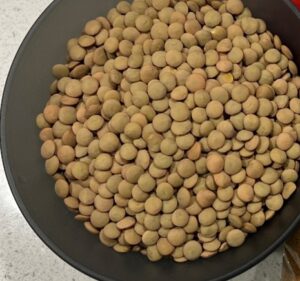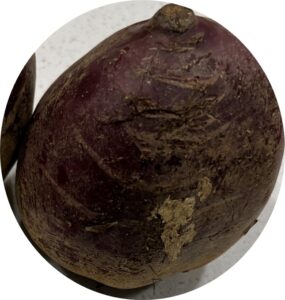In the world of nutrition, fiber often takes a backseat to macronutrients like carbohydrates, proteins, and fats. However, its significance cannot be overstated. Fiber is a powerhouse nutrient that plays a crucial role in maintaining overall health and well-being.
The Benefits of Fiber
Digestive Health: Fiber is renowned for promoting a healthy digestive system. It adds bulk to your stool, preventing constipation and promoting regular bowel movements. Additionally, it helps prevent the development of hemorrhoids and diverticulitis.
- Weight Management: High-fiber foods are often lower in calories and more filling than their low-fiber counterparts. Consuming fiber-rich foods can help you feel satisfied for longer periods, reducing overall calorie intake and supporting weight management.
- Blood Sugar Control: Soluble fiber, found in foods like oats, beans, and fruits, can help regulate blood sugar levels by slowing down the absorption of glucose. This is particularly beneficial for individuals with diabetes or those at risk of developing the condition.
- Heart Health: Fiber plays a key role in maintaining heart health. It helps lower LDL (bad) cholesterol levels, reducing the risk of heart disease. Whole grains, fruits, and vegetables are excellent sources of fiber that contribute to cardiovascular well-being.
- Gut Microbiota Support: The gut microbiota, a diverse community of microorganisms in your digestive tract, thrives on fiber. A diet rich in fiber nourishes these beneficial bacteria, promoting a healthy gut environment. This, in turn, contributes to immune system function and overall well-being.
Fiber-Rich Foods:
- Grains: Opt for whole grains like brown rice, quinoa, barley, and whole wheat. These grains are rich in fiber, vitamins, and minerals.
- Legumes: Beans, lentils, and chickpeas are excellent sources of fiber and plant-based protein. Incorporate them into soups, salads, or main dishes for a nutrient boost.
- Fruits: Berries, beets, apples, pears, and oranges are not only delicious but also packed with fiber. Leave the skin on fruits when possible, as it often contains additional fiber.
- Vegetables: Broccoli, carrots, spinach, and Brussels sprouts are just a few examples of fiber-rich vegetables. Aim to include a variety of colorful veggies in your meals.
- Nuts and Seeds: Almonds, chia seeds, flaxseeds, and sunflower seeds are great sources of fiber and healthy fats. Sprinkle them on yogurt, salads, or enjoy them as a snack.


